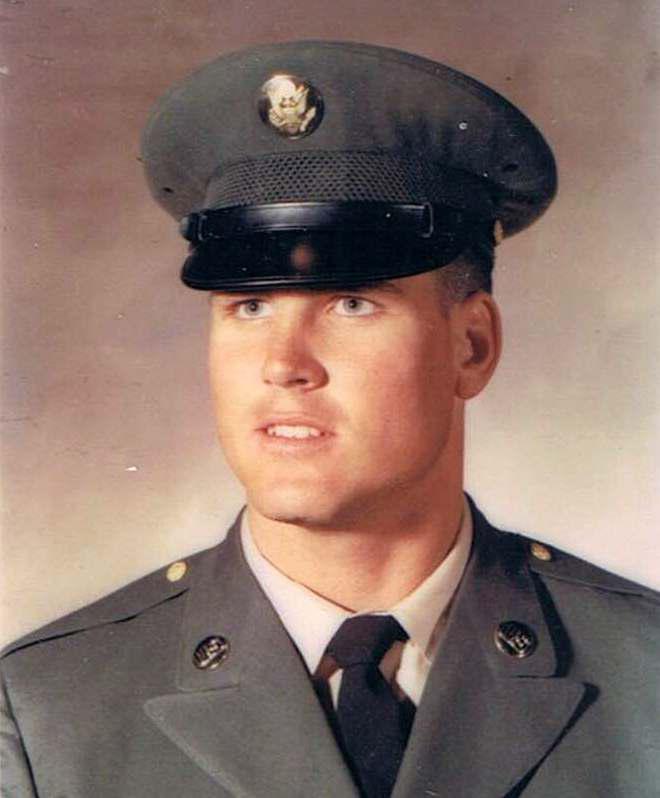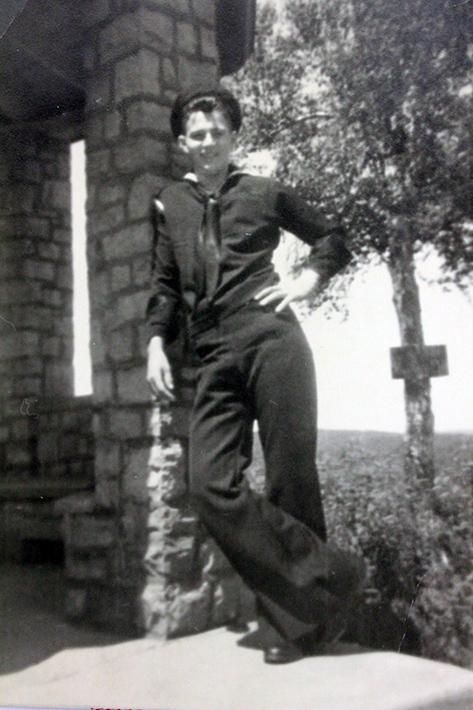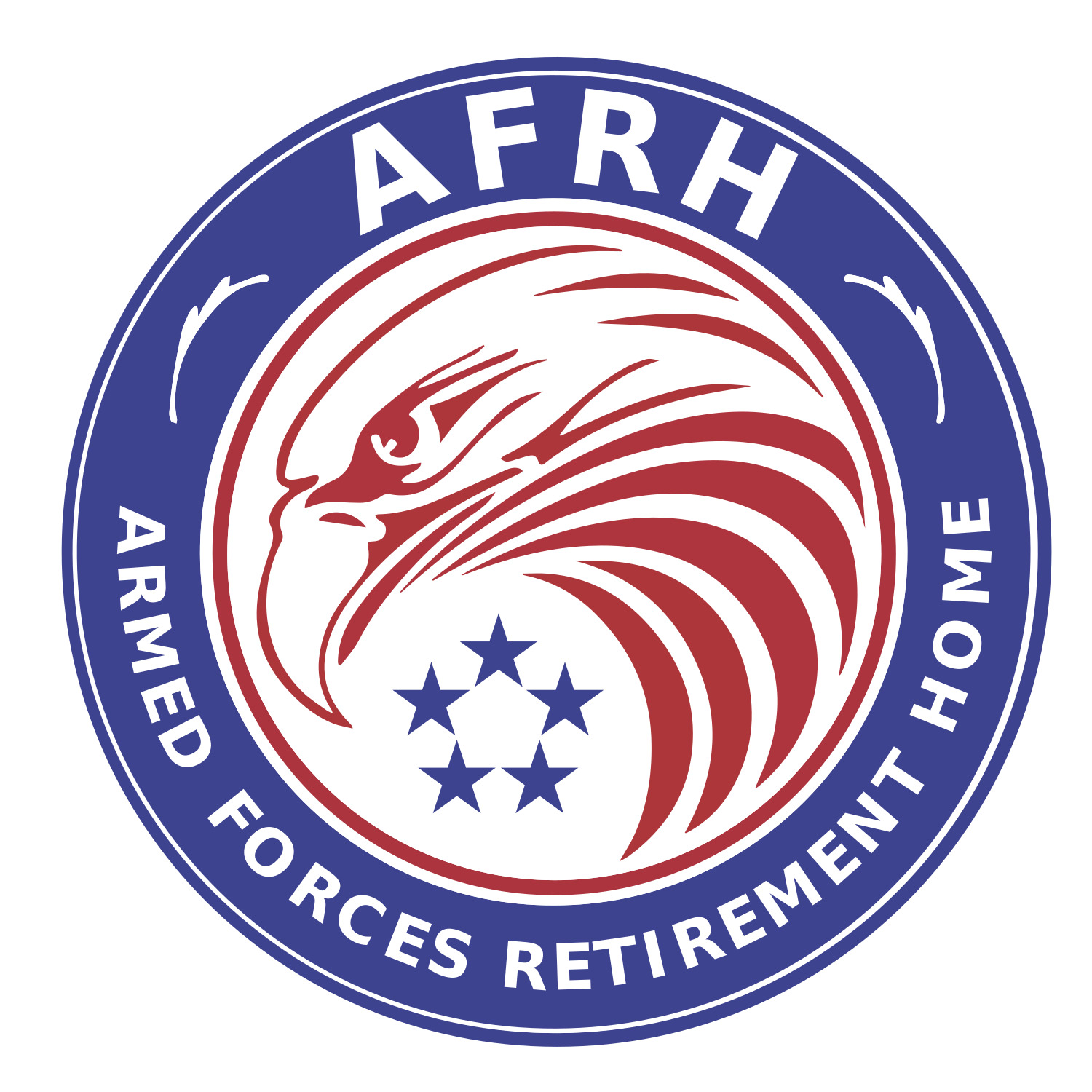

Army veteran recalls experiences of Normandy landing in WWII
By Mary Kay Gominger & Wilfred “Mac” McCarty
He still has a copy of the telegram that his parents received in the fall of 1944 from the Adjutant General of the Army, notifying them that their son, Charles N. Chambers, was Missing in Action. Charlie also keeps a copy of the next telegram they received, dated a few weeks later, regretfully informing them that their “Missing in Action” son was also slightly wounded. They serve as a reminder that he was one of the lucky ones. He came home after the war…when so many of his comrades did not.
Eighty-three year old resident Charlie Chambers was with the 8th Infantry Division that landed on Utah Beach Normandy on July 6, 1944. His unit was quickly engaged in fierce battles with the Germans. He took a small measure of comfort in hearing that some of the German mortor shells were duds. Then the platoon sergeant next to him was hit. That's when the chaos broke out. He quickly searched for the medic, but the medic had been hit also. The medic was able to talk Charlie through some first aid until he was hit. Two of his fingers dangled from his left hand, he experienced a flash of pain and was captured by a German paratrooper. He was marched to a bombed out German hospital in Brest and for the next three weeks, was held as a prisoner of war.
While there, two German doctors operated on Charlie's hand. He lost a third finger in the surgery.
Charlie remained at the hospital for a week, was transferred to another location for a week and then again by boat to a French village on the other side of the bay that was being used as a hospital with Red Cross signs on the roofs. While in the boat, Charlie saw an American reconnaissance plan fly overhead. He was told to remove his American GI helmet. One week later, Charlie was rescued when American troops retook Brest. He told a soldier where other American GIs were being held. He also told him he was hungry. The soldier went to his jeep and brought Charlie a case of K-rations.
Surprisingly, Charlie recalls, is that one day when he was a POW, he was given French Francs printed by the Germans, equivalent to pay for his rank as a private.
Charlie was sent on to England for further operations and eventually returned to the U.S. on the Queen Mary. The war ended, he healed. In 1947, he reenlisted in the Army under a combat disabled program and served until 1966. He retired as a Master Sergeant and even returned to Germany during the Berlin airlift and was in Korea as well.
Charlie read about the Soldiers' Home in the Army Echoes magazine. He has lived at the AFRH-W for 21 years. He enjoys spending time on the computer, sending and receiving emails, and much deserved rest and relaxation.
- Log in to post comments
